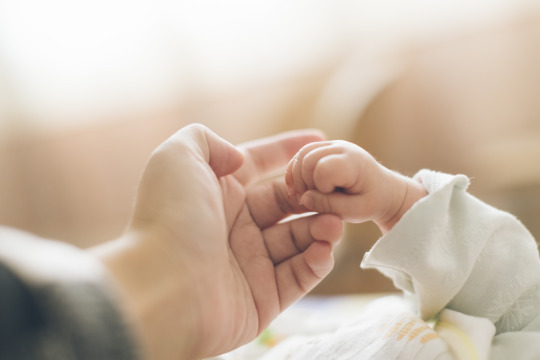PPD – Postpartum Depression

Postpartum Depression (PPD) is a topic often swept under the proverbial rug, especially for new some new moms. But it shouldn’t be – PPD affects around 20% of “new” (or postpartum) mothers.
After having a baby, a doctor or nurse will typically go over a series of questions with you before you leave the hospital to check your temperature about how you’re feeling emotionally. Other times you’re simply handed a questionnaire and asked to complete and return it to the OB Department. The questions may seem silly…until suddenly they don’t.
PPD isn’t always instantaneous – it can sneak up in the days and weeks after giving birth. What causes PPD isn’t the same for everyone – there are large hormonal shifts at play in women who have just given birth (estrogen, progestin, thyroid). Sometimes a mom can feel guilty about having another baby – worried that her other child or children at home won’t be getting the same attention from her with the new addition.
Emotions and feelings ranging from sadness, to lack of interest in activities, irritability, to apathy, fear, anxiety, panic, excessive crying, difficulty or inability to bond with your baby, feelings of worthlessness, and rage are common symptoms of postpartum depression. Suicidal thoughts, or thoughts of hurting yourself and/or your baby can also occur. For all these reasons, it is so important to speak up if you are a new mom who’s feeling overwhelmed, unexplained sadness, guilt, shame or any of the above-mentioned symptoms.
Having any of these symptoms or feelings does NOT make you a bad mother. Read that again. PPD does NOT make a bad mom – it makes you a mom who can get help and who CAN feel better with help. Visit with your provider after you have you baby – don’t wait that 6 weeks – call them anytime. That’s what they’re there for!
If you’re experiencing symptoms that suggest you could be living with PPD, call your doctor or head to the E.R. – help is always waiting for you at Floyd Valley Healthcare. There is no shame in asking for help – in fact, that is one of the first lessons you should try to learn upon becoming a mother – you can’t pour from an empty cup. None of us can. Help is there – please ask. You’re not alone.
Floyd Valley Newsletter
By submitting this form, you are consenting to receive marketing emails from: . You can revoke your consent to receive emails at any time by using the SafeUnsubscribe® link, found at the bottom of every email. Emails are serviced by Constant Contact